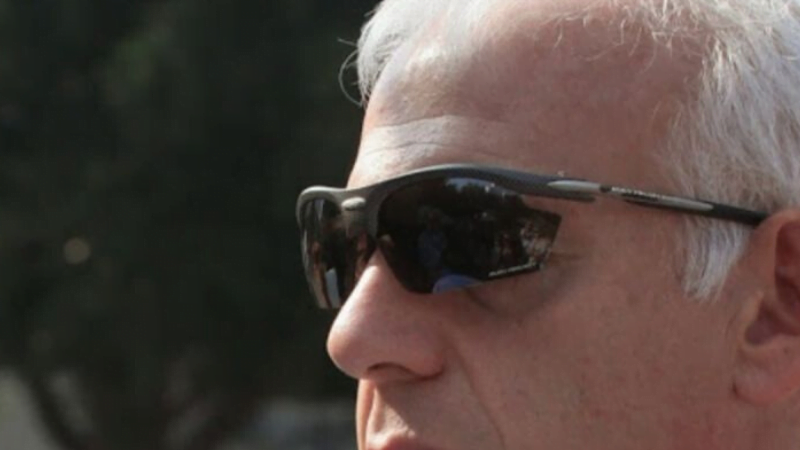Human rights organisation Amnesty International is demanding Israel reign in spyware company NSO which is linked to alleged financial fraudster Anatoly Hurgin who obtained Maltese citizenship in 2016.
The international human rights organisation took its case to court in Israel claiming the software has been used to target journalists around the world.
Amnesty International called for Israel to revoke the export licence, especially to regimes that could use the surveillance software for malicious purposes.
“The legal action is being brought by approximately 30 members and supporters of Amnesty International Israel and others from the human rights community. The action is supported by Amnesty International as part of a joint project with New York University (NYU) School of Law’s Bernstein Institute for Human Rights and Global Justice Clinic”, Amnesty International said in a statement.
Several incidents where NSO Group’s flagship malware, called Pegasus, was used to target civil society and stifle freedom of expression have been documented by Amnesty.
Forbes has called the spyware “the world’s most invasive mobile spy kit”, while Hurgin cheered its creator, NSO Group, as “one of the best companies in this field”.
In October last year, Amnesty revealed two such incidents where two Moroccan human rights defenders were targeted – activist Maati Monjib and human rights lawyer Abdessadak El Bouchattaoui. The spyware was allegedly also used to target the murdered journalist Jamal Khashoggi.
“NSO continues to profit from its spyware being used to commit abuses against activists across the world and the Israeli government has stood by and watched it happen,” said Danna Ingleton, Deputy Director of Amnesty Tech.
WhatsApp filed a lawsuit against the NSO Group earlier this year for conducting cyber attacks that infected devices with malicious software. In the court filing, Facebook, which owns WhatsApp, said that Pegasus was designed “to access messages and other communications after they were decrypted on target devices”.
WhatsApp detected and stopped the “unauthorised access and abuse of the WhatsApp Service and computers”. They accused NSO of sending spyware to some 1,400 mobile phones with the purpose of surveilling them. The NSO Group denied all allegations.
Hurgin, a Russian/Israeli/Maltese citizen, was charged with fraud in the US. The Shift revealed last year that Hurgin, who bought Maltese citizenship under the cash for passports scheme in 2016, is facing charges of fraud, smuggling, and money laundering in Israel, as well as five violations of US federal law for defrauding shareholders of a Florida-based company.
Despite so-called “rigorous” due diligence procedures employed by Identity Malta, matters that can be found with a simple Google search were not flagged.
Hurgin was the fifth arrest in foreign jurisdictions within a year of individuals who obtained a Maltese passport soon after successfully completing Identity Malta’s due diligence process. The Shift has repeatedly asked Identity Malta whether it intends to revise its due diligence process, but the Agency said it believed its processes were “robust”.
The arrests, as well as concerns on the impact of the passport scheme on security in Europe has led to several politicians in the EU questioning the Maltese passport scheme.
The European Commission has urged a crackdown on cash for passport schemes, saying they exposed the EU to money laundering, corruption and organised crime. Members of the European Parliament also voted for a phase out of the scheme.
Yet, in the sixth annual report on the Individual Investor Programme – as Malta’s cash for passport scheme is called – the regulator blamed “bad publicity” for a drop in sales of Maltese passports, saying it was the result of “highly inconsiderate bad publicity which has continued to prevail unduly both nationally and internationally towards such programmes”.
Despite the number of arrests of Maltese citizens in foreign jurisdictions, the regulator said the “bad publicity” was based on “totally unfounded pretexts and pretentions”.
Malta received 19 fewer applications than it did the previous year, with some 311 applications submitted between July 2018 and June 2019.













